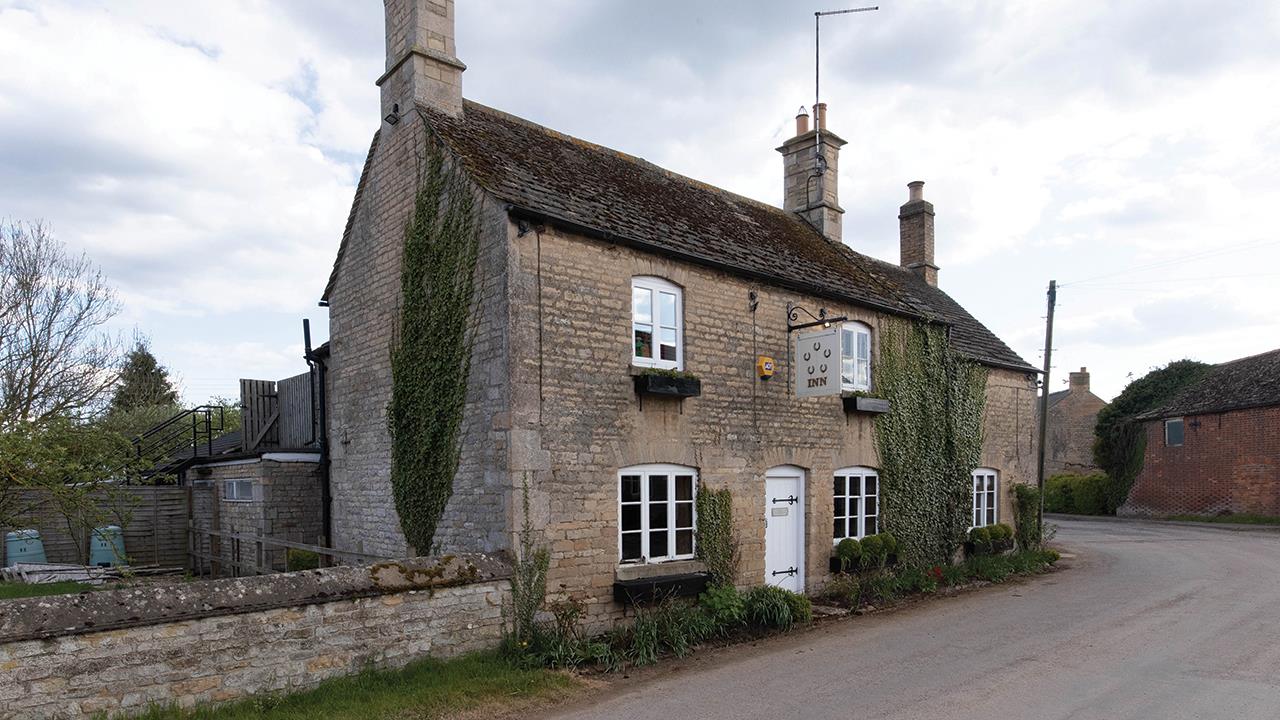

Businesses have an important role to play in delivering a low carbon future for the UK, but the government’s current proposals for off-grid heating leave many unanswered questions.
In its landmark Heat and Buildings Strategy published in 2021, the government set out how the UK can achieve net-zero emissions by 2050. The proposals state that, from 2024, non-domestic buildings over 1,000m2 will no longer be able to install a new replacement fossil fuel oil boiler when their existing one breaks down. The same regulations would apply to small and medium non-domestic buildings and all homes from 2026.
Instead, in most cases, they will be expected to install a heat pump. These plans, however, ignore the reality of the off-grid sector – and therein lies the problem.
According to the Heat and Buildings Strategy, almost one-fifth (17%) of the estimated 1.7 million non-domestic (commercial, industrial, and public) buildings across England and Wales are situated off the gas grid.
For some properties, a heat pump is a sensible choice, and OFTEC has launched new training courses to equip technicians with the skills to install the technology. However, many off-grid businesses are located in older buildings with poor energy efficiency and structural challenges that make them difficult to transition to a heat pump.
The current average cost of an air source heat pump installed under the government’s new Boiler Upgrade Scheme, before the £5,000 discount voucher is applied, is just under £13,000. However, for many business premises, the costs could be much higher, depending on the heat demand and complexities of the building concerned. For larger buildings, the electricity supply network may also need to be upgraded.
Given the current economic landscape, the recovery from the pandemic, and rising inflation, many off-grid businesses will simply be unable to afford this without impacting opportunities for further growth and investment.
There’s no denying that heat pumps have an important role to play, but a technology-neutral approach is needed that offers multiple solutions to deliver the best outcomes for all businesses. That’s why, to ensure genuine choice, renewable liquid fuels like HVO must also be considered an option.
The fossil-free fuel is made from used cooking oil, and all the HVO imported into the UK is certified to be derived from waste. A recent report commissioned by the trade association UKIFDA outlined that the availability of the fuel will far outweigh potential demand by 2030 across heating, transport, and aviation, without impacting land use for food or feedstock.
For oil-heated buildings, HVO offers an immediate 88% reduction in carbon emissions, and it can be used in existing systems once they undergo a simple conversion, which is estimated to cost around £500.
Alongside UKIFDA and the wider industry, OFTEC has been running a demonstration project to evidence the viability of HVO as a cost-effective and technically straightforward alternative. From rural homes and businesses to schools and churches, nearly 150 oil-heated properties have successfully converted to the fuel.
Raising a glass to HVO
One such property to take part in the HVO demonstration is the Five Horseshoes Inn, a 300 year-old pub nestled in south Lincolnshire’s rolling countryside. The pub has uninsulated solid walls and single glazing in most doors and windows, and for many years it was heated by a traditional oil-fired boiler.
The owners were keen to play their part to reduce emissions but installing a heat pump would involve significant structural changes to the building. These would not only be unaffordable but also damage the unique aesthetics and character, which is steeped in history.
The rural pub’s transition to HVO was supported by St Neots-based EOGB Energy Products, which replaced the old 1970s Myson Velaire boiler with a HVO modulating boiler. The EOGB team also installed smart controls, including thermostatic radiator valves, occupancy sensors, and apps for remote access, to support the establishment’s heating needs and maximise energy efficiency.
A new bunded steel oil storage tank was also provided courtesy of Crown Oil, while OFTEC committed to supplying the property with HVO for the duration of the project.
Transitioning to HVO immediately reduced the pub’s carbon emissions by 88%. To off-set the remaining 12% and reach carbon neutrality, 15 trees were planted in nearby local schools.
The Five Horseshoes Inn has now been using HVO for over a year and the results are impressive. The pub has reduced its annual carbon emissions output (Co2e) from 8.26 tonnes to just 1,117kg. To maintain its net-zero status, the pub plans to plant a new tree in the local community each year.
There are historic pubs and other businesses up and down the country that are simply unsuited for a heat pump and are facing the same dilemma, and our industry is very clearly demonstrating the viability of renewable liquid fuels as a solution.
It’s time for the government to support rural businesses by taking an inclusive approach that is, at its core, fuelled by choice and fairness.
If you'd like to keep up-to-date with the latest developments in the heating and plumbing industry, why not subscribe to our weekly newsletters? Just click the button below and you can ensure all the latest industry news and new product information lands in your inbox every week.